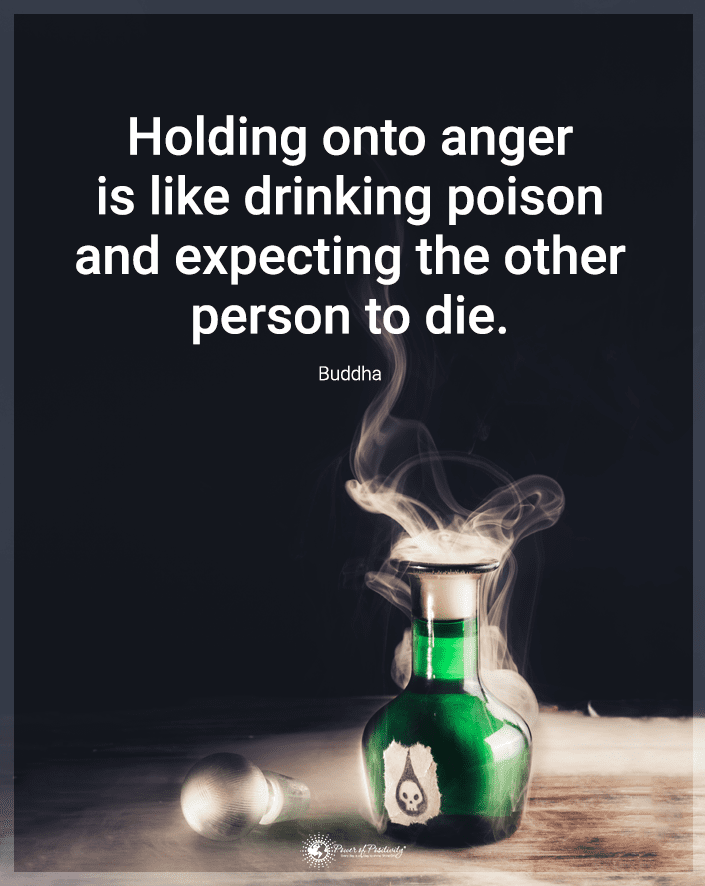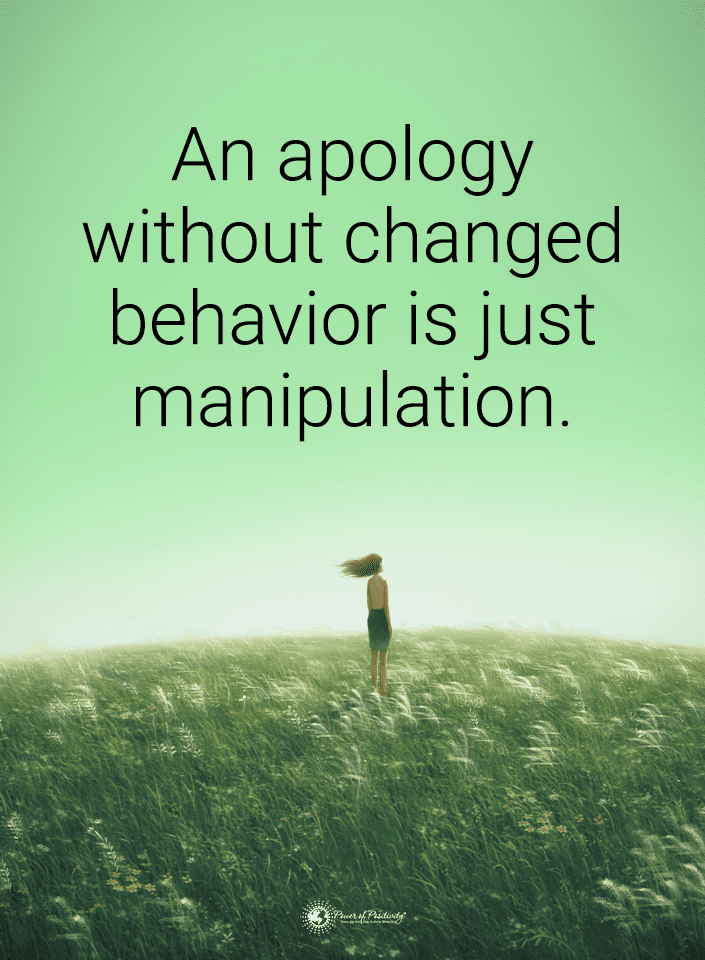A toxic marriage is detrimental to your well-being and overall life satisfaction. Sometimes you might not recognize the toxicity, and recognizing the signs can help. Sometimes the only clue you need is whether you’ve been asking yourself if it’s a toxic marriage. Other times, you’ll need a little more information before you know.
Once you recognize the behaviors that reveal a toxic marriage, you can decide what to do from there. You can work to repair the relationship if your partner is willing to do the same. However, sometimes you must make the hard decision to walk away.
It’s not easy to end a toxic marriage, no matter what occurred. This part of your life holds much meaning, and many find it hard to walk away for good. However, you deserve happiness and fulfillment in all areas.
Why You Shouldn’t Tolerate a Toxic Marriage
A toxic marriage can interfere with your mental and emotional well-being. It can cause anxiety, depression, and low self-esteem. Additionally, it can make you more susceptible to illnesses.
Toxicity can take the spark out of your relationship, leaving you feeling alone, confused, and pessimistic. A toxic marriage can eliminate all happiness from your life and interfere with friendships and family relationships. If you have children, it teaches them that this behavior is normal and acceptable.
Additionally, ignoring toxic behavior can lead to unhealthy patterns. You might stop believing in yourself because of the painful situations you experience. Setting boundaries and stopping harmful behavior helps you regain control of your life and find meaning.
Eleven Behaviors That Reveal a Toxic Marriage
Some toxic marriages appear happy and healthy to onlookers. However, when no one else is around, negative behaviors emerge.
On the other hand, in some instances, many onlookers will notice the issues. Either way, some behaviors reveal a toxic marriage, helping you identify it and make a change.
1 – A Toxic Marriage Makes Partners Less Reliable
Relationship stability relies on reliability from both partners. Someone might be unreliable if they:
- don’t respond to communication efforts
- continually show up late
- usually don’t follow through on commitments or promises
- don’t prioritize their responsibilities
- refuse to talk about problems
- never react the same way
- make you feel alone
2 – Hostility and Toxicity Often Occur Together
Hostility occurs when someone reflects their anger onto another person. Your partner might be angry about something you did or an external factor. Either way, they might reflect their anger regarding:
- problems at work
- family issues
- health problems
- financial concerns
- stress
Once hostility occurs, it can be hard to overcome an argument or come to a resolution. The person often wants to forget the issue or cover it up rather than address it. However, ignoring the problems creates further hostility and resentment.
3 – Lying
Deception isn’t a good sign and indicates a toxic marriage. Your partner might lie about finances or as a way to avoid conflict. They might also lie about cheating or other forms of deception. Whatever it is, lying isn’t a good look and can be incredibly detrimental.
4 – Excessive Jealousy Happens in a Toxic Marriage
While a little bit of jealousy is harmless, it can quickly become toxic. One sign is that your partner constantly texts for updates about where you are and who you’re spending time around. The constant updates limit you and take away your freedom.
Studies show that it shows insecurity and the need to control you. It can damage your marriage and lead to obsessive behavior.
Other signs of excessive jealousy include:
- getting angry when you spend time with friends
- secretly checking your message and social media accounts
- searching online for you or people you associate with
- constantly questioning you
5 – Unnecessarily Escalating Fights
When arguments constantly turn into big fights, it’s a sign of a toxic marriage. You might get to a point where you can’t have a conversation without it becoming a fight. It doesn’t allow for overcoming issues and resolving conflict because the tension continues to pile on.
6 – Lack of Connection or Communication Reveals a Toxic Marriage
Connecting and communicating with your partner is essential to maintaining a healthy marriage. Communication prevents and repairs misunderstandings, strengthening your bond. Your partner might not pay attention when you talk, showing disrespect and toxicity.
When you’re in the same room but not talking, it indicates a lack of connection. Additionally, spending more time with your kids than with your partner shows a disconnect. You might not want alone time with your partner, causing you to avoid that time together.
Choosing to ignore issues and moving forward without discussing them shows a lack of communication. Addressing these issues with your partner might be met with excuses, but you shouldn’t give into these answers.
Talking about your issues allows you to overcome problems and connect even during hard times. Without connection and communication, it’ll be hard to save your marriage.
7 – Codependency Is Goes Along With Toxicity
Codependency occurs when one partner feels responsible for meeting the needs of the other. You might sacrifice your well-being to ensure your partner doesn’t have to do anything.
The partner who takes care of the other feels worthless unless needed. On the other hand, the partner receiving the care enables the behavior by continuing to allow it. It’s a toxic situation that doesn’t allow for individuality or growth.
8 – Not Relying on One Another
Marriages involve couples who rely on one another for emotional support. When you don’t turn to one another, it shows toxicity. One of you might reach out to friends or other family members while leaving the other partner out of the situation. However, healthy marriages require discussing issues and what’s going on in life. Your partner should be the person you turn to first.
9 – Overcompensating and Constantly Defending Your Partner
Think about how you talk about your partner when talking with others. You might notice that you overcompensate for the issues by constantly praising your relationship. Overcompensating could be a way to convince yourself that everything is okay while hiding the toxic signs from others.
Likewise, you might frequently find yourself defending your partner to others. Your loved ones might see things that you don’t recognize. When they speak up, you might get defensive and ignore their warnings.
10 – Imagining Your Life as an Individual Could Indicate Readiness to Leave a Toxic Marriage
If either imagines your life without your partner, it could indicate a toxic marriage. Sometimes you’ll notice it when you begin making decisions without discussing them with your partner. When you stop thinking of them before making decisions, it’s a sign that things aren’t working out.
11 – Threatening Behavior and Blaming One Another
It’s a sign of toxicity when someone threatens to hurt you or themselves to manipulate you. Then, they’ll blame you for the reaction or feelings. They’ll also likely blame you for everything that goes wrong.
Can you Save a Toxic Marriage?
A toxic marriage is detrimental to your well-being, but you can save it if you want to make it work. It can help if you and your partner are willing to listen to one another and consider differing opinions.
You can communicate things that upset you with your spouse without being hurtful. They should address you the same way, avoiding insulting or condescending words.
However, if one of you doesn’t want to talk about issues, there isn’t much you can do to save it. Mean jokes or negative judgment show a lack of respect and could indicate an irreparable situation. Refusing to acknowledge your strength and belittle your accomplishments is also a negative sign.
You can move forward together if willing to work and make positive changes. Aside from positive communication, some tips for saving a toxic marriage include:
- accept the problems and work on them
- avoid negative thoughts and energy
- set and enforce boundaries
- focus on the bigger picture
- avoid making a decision when you’re angry
- focus on staying calm
- be kind
- practice forgiveness
- focus on improving your mental health
- remain productive and invest in yourself
- own up to your mistakes
- let go of the past
- practice compassion
- seek therapy
What to Do if You Can’t Save Your Toxic Marriage
Leaving a toxic marriage is hard, and you’ll likely experience pain and heartbreak. While embracing your newfound freedom, focusing on healing is the best thing to do. You can begin to heal by:
- feeling your emotion, even when it’s hard
- be patient with your healing process
- limit contact with your ex, even when co-parenting
- let go of the desire for closure
- surround yourself with supportive people; write about how you feel and what you went through
- learn from your mistakes
- practice self-love and take care of yourself
- don’t blame yourself
Final Thoughts on the Behaviors That Reveal Someone Trapped in a Toxic Marriage
A toxic marriage is detrimental to your life, family, and well-being. It’s essential to focus on the good things in your life and remember that you deserve more than a toxic relationship. Ending a marriage is scary, but if you find you can’t save it, you can move forward alone and heal.
You don’t have to settle and shouldn’t put your emotional health and happiness after your partner’s. It can cause you to stop growing as an individual and lead to other detrimental effects.
Put yourself first and do what it takes to make beneficial changes in your life. You deserve happiness and fulfillment whether you can save your toxic marriage or not. Love yourself, and you’ll get through everything.

















 Community
Community

